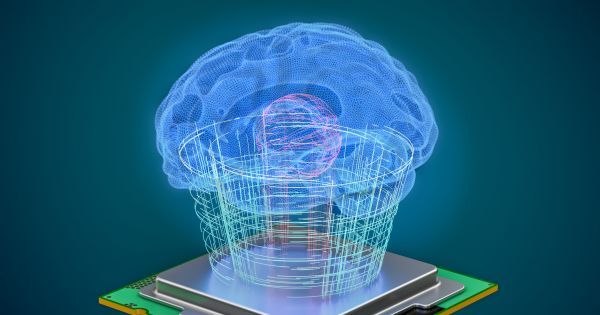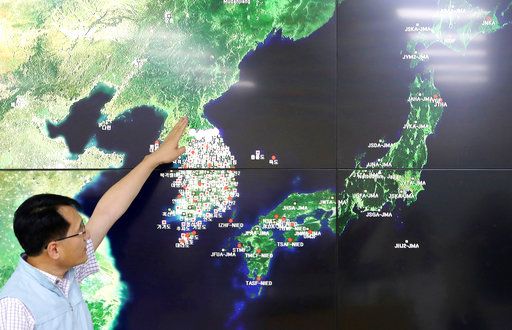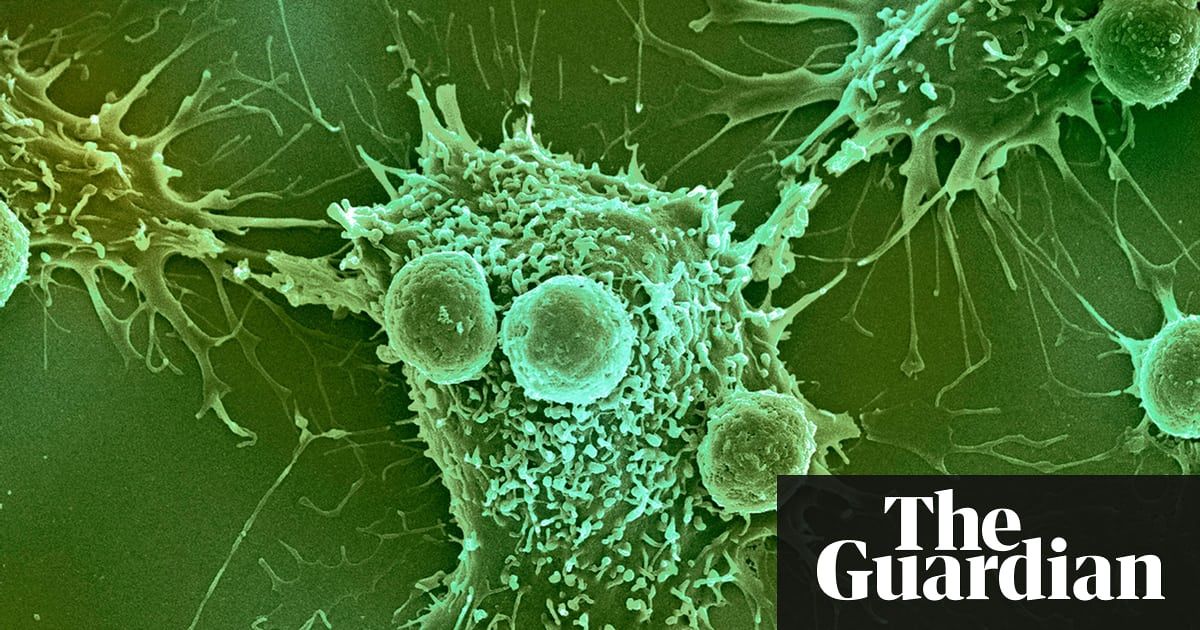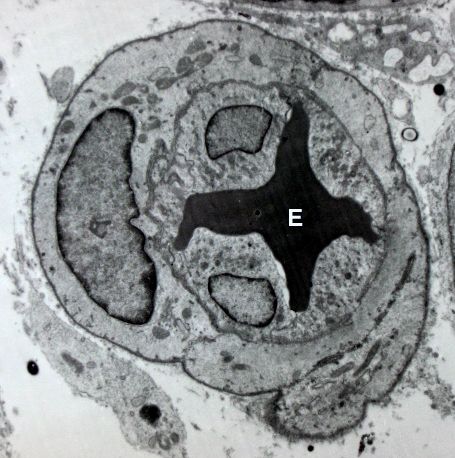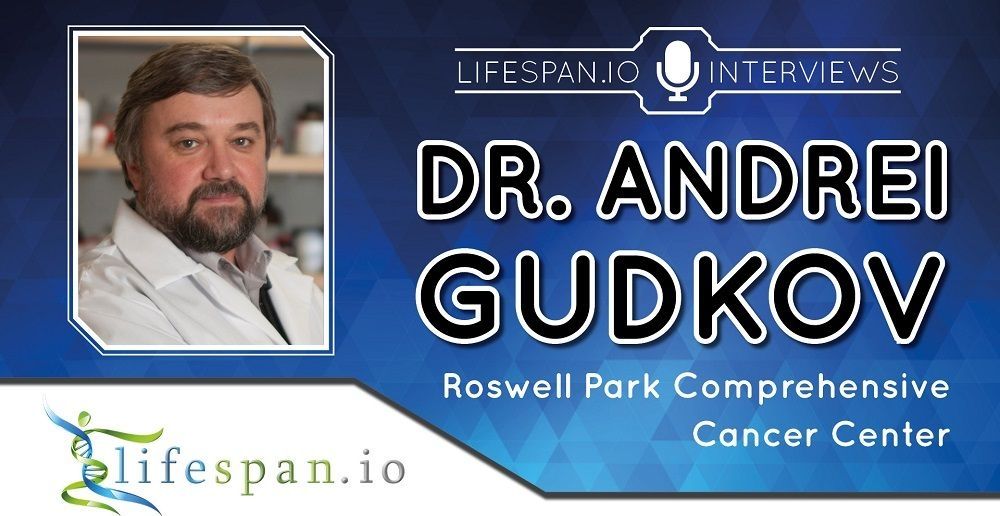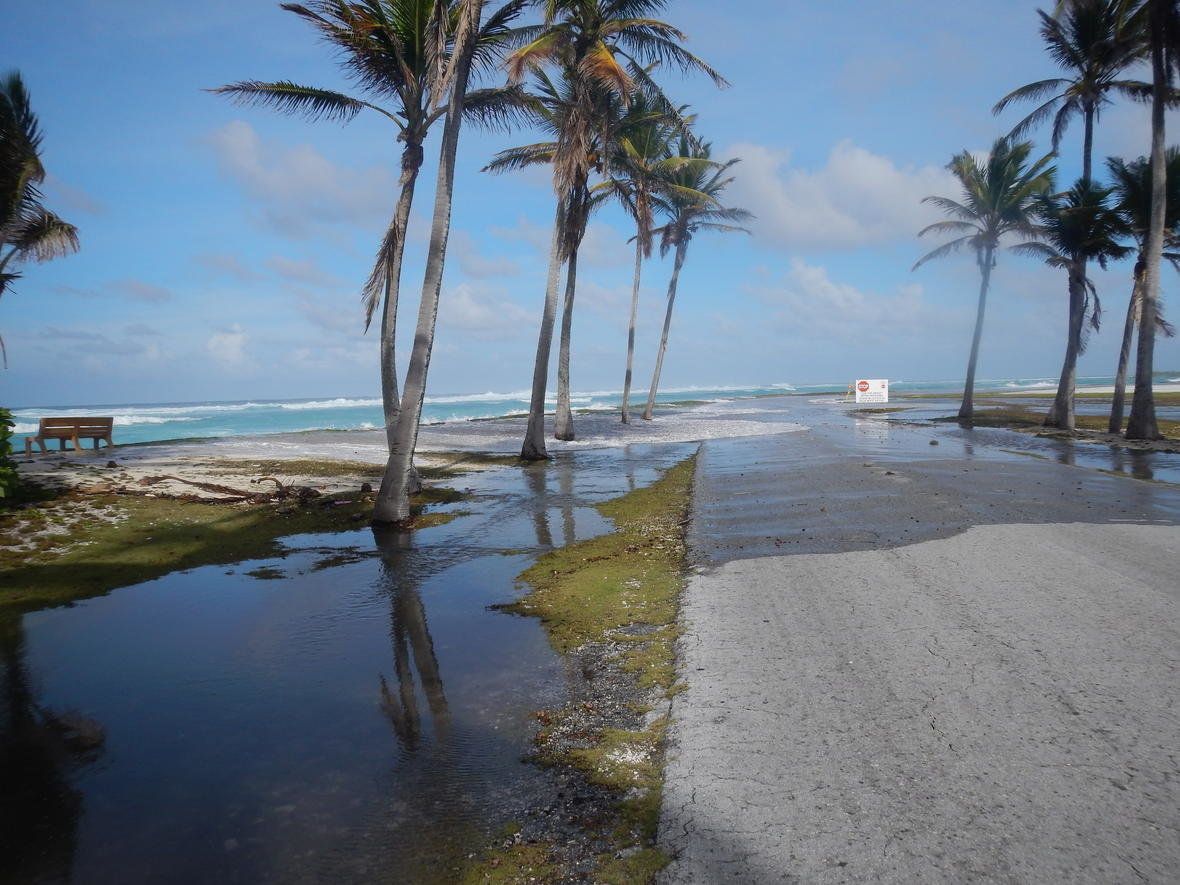Apr 26, 2018
The Military Just Created An AI That Learned How To Program Software
Posted by Genevieve Klien in categories: military, robotics/AI
Tired of writing your own boring code for new software? Finally, there’s an AI that can do it for you.
BAYOU is an deep learning tool that basically works like a search engine for coding: tell it what sort of program you want to create with a couple of keywords, and it will spit out java code that will do what you’re looking for, based on its best guess.
The tool was developed by a team of computer scientists from Rice University who received funding both from the military and Google. In a study published earlier this month on the preprint server arXiv, they describe how they built BAYOU and what sorts of problems it can help programmers solve.
